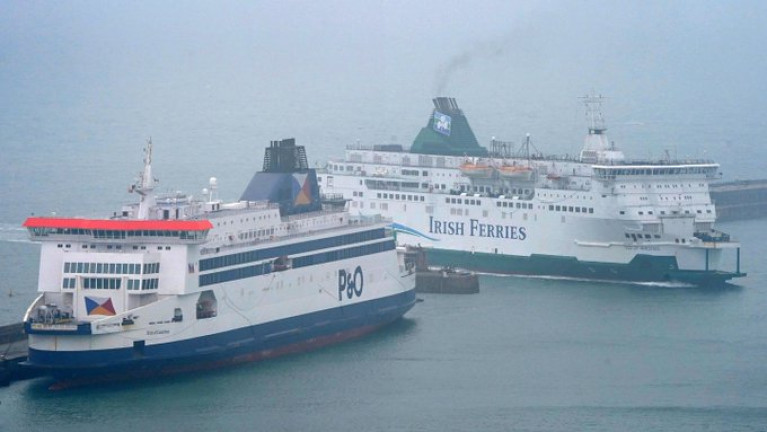Displaying items by tag: Legislative plans
Plans by the British Government to prevent ferry companies operating out of UK ports paying below the country’s minimum wage could have implications for Irish Ferries, which is owned by listed company Irish Continental Group.
According to the The Irish Times, UK transport secretary Grant Shapps said on Monday he was giving the boss of P&O Ferries “one final opportunity” to re-employ sacked staff on their previous salaries.
In a letter to the ferry company’s chief executive Peter Hebblethwaite, Mr Shapps called on the operator to offer all 800 crew their jobs back and pledged to bring a “comprehensive package of measures to parliament to ensure that seafarers are protected against these type of actions”.
Last week Mr Shapps promised to stop a race to the bottom on declining rates of pay on UK ferry routes, naming Irish Ferries as another operator that “already went down this route”.
He said that he wanted to protect other operators such as Stena and DFDS which were not using “this cheap-labour, below-the-minimum-wage model”
UK legislative changes, as promised by Mr Shapps, could force low-cost ferry operators such as Irish Ferries to increase their wages if they are going to continue using UK ports.
The British transport secretary is expected to outline his plans to change the law on Wednesday or Thursday. Irish Ferries had no comment to make on the potential impact of the proposals.
In 2005, Irish Ferries replaced 543 crew members with eastern European workers paying them less than half the Irish minimum wage in a move that sparked a battle with the unions.
More here on this ongoing ferry sector story.





























































